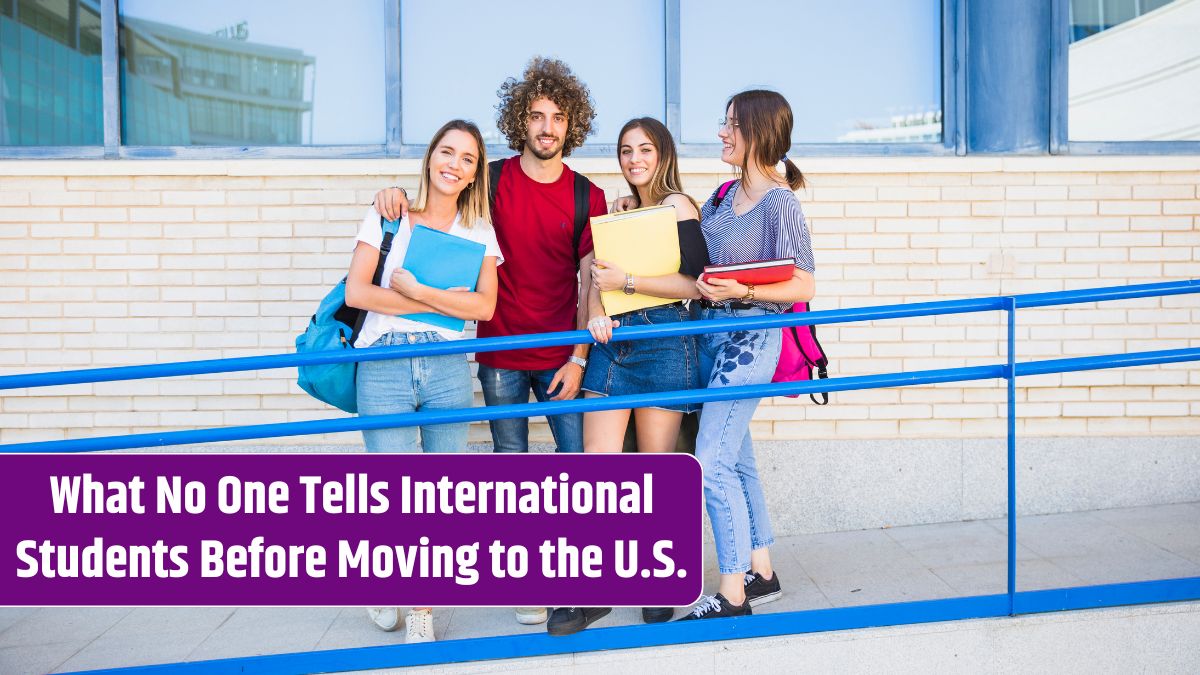Choosing a university isn’t just about location or rankings. One of the biggest decisions you’ll make is whether to attend a public or private institution. Both have their perks—and their challenges. So, how do you decide which one fits you best? Whether you’re applying domestically or as an international student, this guide breaks down the key differences to help you make a confident choice.
Table of Contents
Cost
Let’s start with the obvious—tuition. Public universities are generally funded by the government, so they tend to offer much lower tuition rates, especially for in-state students. Private universities, on the other hand, rely heavily on tuition and donations, which usually means higher sticker prices.
But don’t panic. Many private schools offer generous scholarships and financial aid packages, which can level the playing field. Always compare net cost, not just listed tuition.
| Type | Average Annual Tuition (U.S.) |
|---|---|
| Public (In-State) | $10,000 – $13,000 |
| Public (Out-of-State) | $25,000 – $30,000 |
| Private | $35,000 – $55,000 |
Classsize
Public universities are often much larger—think tens of thousands of students. That can mean bigger lecture halls, more majors, and tons of social activities. But it can also mean less individual attention.
Private universities tend to have smaller class sizes, giving students more face time with professors, personalized mentoring, and stronger academic support. If you value close-knit communities and one-on-one learning, this could be a huge plus.
Prestige
Private universities often rank higher in national and global rankings—think Ivy League or elite liberal arts colleges. Their reputations can open doors, especially in certain industries.
That said, many public universities have standout programs that beat private schools in specific areas. For example, UC Berkeley and University of Michigan are public, but world-renowned. Always look at the strength of your intended major, not just the school’s overall ranking.
Diversity
Public universities typically attract a more diverse student body, especially when it comes to socioeconomic background and in-state residents. They also tend to have more commuter students and offer part-time study options.
Private schools, though smaller, often have students from across the country (and world), thanks to their deep pockets for scholarships and recruitment. Both have global communities—you just need to decide what kind of diversity matters most to you.
Flexibility
If you’re someone who plans to work while studying or transfer later on, public universities usually offer more flexibility. They often have night classes, hybrid programs, and strong transfer pathways from community colleges.
Private universities may be more rigid in terms of structure but make up for it with personalized advising and tailored academic experiences.
Campuslife
Larger public universities often feel like a city within a city—think major sports, Greek life, and sprawling campuses. There’s always something going on.
Private universities, while smaller, can offer tight-knit student communities, unique traditions, and a stronger focus on campus culture and values. If you want a cozy, curated experience, private might win.
Decision
So how do you decide? Ask yourself:
- What’s my budget, and what aid am I eligible for?
- Do I prefer large crowds or smaller, more personal environments?
- Is my major stronger at a specific school?
- Am I planning to stay in-state or move across the country?
- Do I want a more flexible academic plan?
Ultimately, there’s no “better” choice—just a better fit for you. Public universities offer affordability and size. Private universities offer prestige and personalization. Your goals, personality, and financial situation will guide the way.
FAQs
Are private universities always more expensive?
Generally yes, but financial aid can reduce costs significantly.
Is a public university degree less valuable?
Not at all—many public schools have top-ranked programs.
Do private colleges offer better support?
They often have smaller classes and more personalized services.
Can I transfer from public to private?
Yes, many students successfully transfer between the two.
Which is better for international students?
Both can be great—look at scholarships and support services.






















